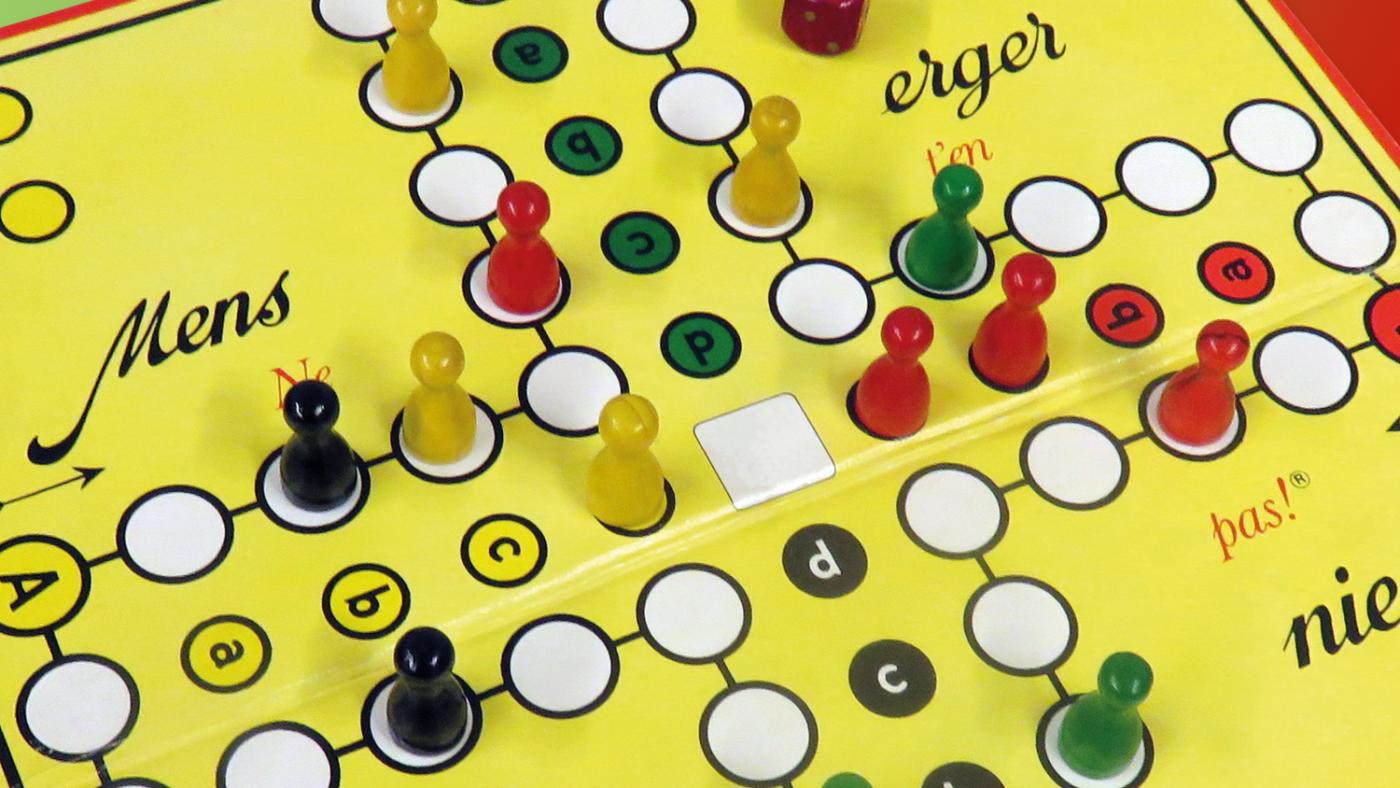What’s in a word?

The word ‘allochtoon’, for instance. The language organization Onze Taal says the word is an amalgamation of the Greek words allos, which means ‘other’, and chtoon, which means ‘land’. Geologists used the word in the 1960’s to label the origins of their findings. Ten years later, sociologist Hilde Verwey-Jonker introduced it as a neutral word for guest worker, foreigner or immigrant: an allochtoon is ‘someone from another land’. Fast forward to now, and most prefer not to use the word anymore, because it leaves a bad taste in many people’s mouths.
Many other words meet the same fate. Think of ‘gehandicapped’ (handicapped), ‘blank’ (as in, white person) and ‘bejaarden’ (crudely translated to ‘old people’). Addressing people as ‘meneer’ and ‘mevrouw’ (sir and madam, respectively) is now a topic of discussion. The Dutch railways have already scrapped the words and are instead using ‘beste reiziger’ (‘dear traveller’) in their announcements. Whereas a word used to be accompanied by the addition (m/f) in the past to be politically correct, the same thing is simply not done anymore. And what about the words ‘hij’ en ‘zij’ (he and she, respectively). Should we, like the Swedes, replace han (he) and hon (she) with hen (a singular they)?
And does the word ‘joe’ mean anything to you? In the 1980s, comedian Wim T. Schippers introduced the word in the Dutch radio show Ronflonflon, in order to avoid choosing between the formal and informal forms of you (u en jij, in Dutch). Joe never took off. In an area where all words concerning gender, skin color, origin or physical ability are being judged, it might still happen.
Speaking inclusively, a decent language; it’s a good resolution to have, but how do we make it happen? Until new words are introduced, maybe we shouldn’t complain about all the ones we do have. That way, at least, we’ll be able to keep the conversation going.
Translation: Indra Spronk